 |
 |
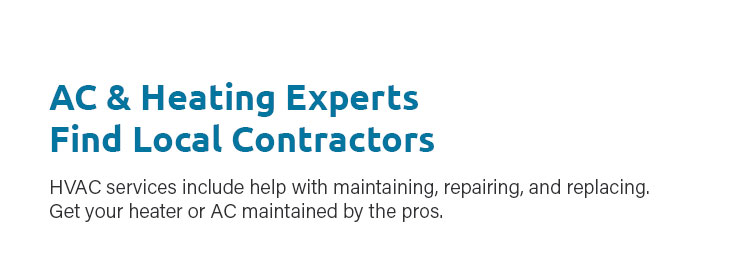 |
 |
 |
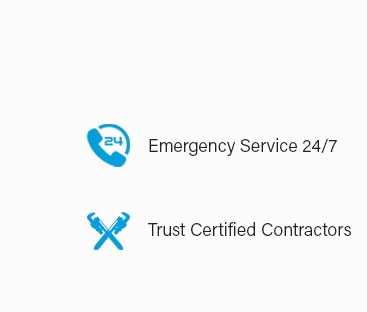 |
 |
 |
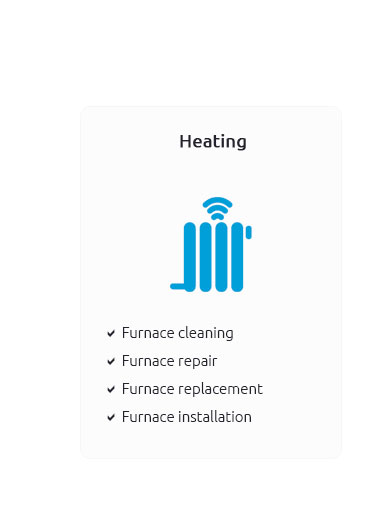 |
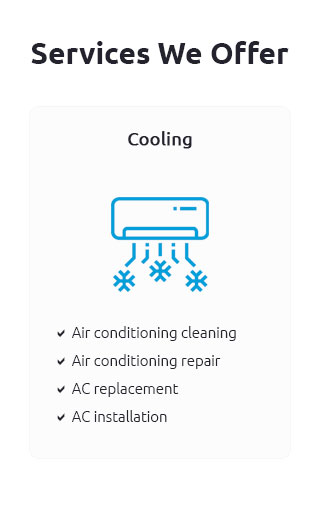 |
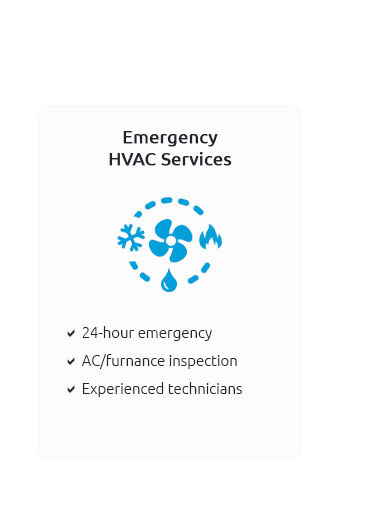 |
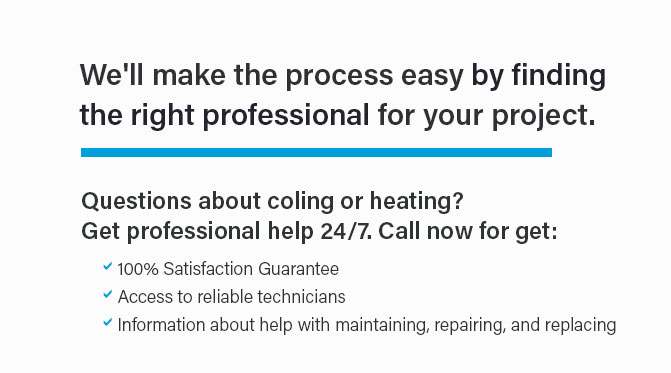 |
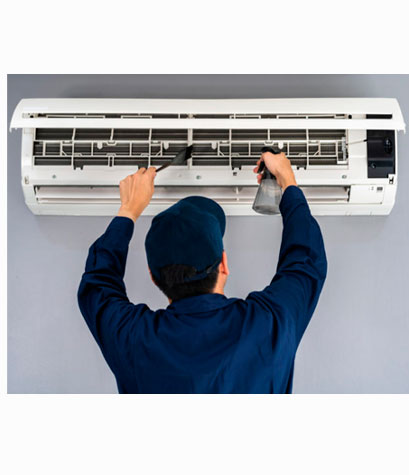 |
 |
 |
 |
|
Unlock unparalleled comfort and efficiency in your home with our expert HVAC services, where seasoned AC and heating specialists are just around the corner, ready to transform your living space into a haven of warmth and coolness; whether it's a midwinter furnace failure or a scorching summer day, trust our local contractors to deliver top-tier residential furnace repair with precision and care, ensuring your system runs seamlessly so you can focus on what truly matters-living life to the fullest in a perfectly climate-controlled environment.
https://www.onehourheatandair.com/services/heating/furnaces/
Contact your local One Hour Heating & Air Conditioning or call (800) 893-3523 to check availability. More about Emergency HVAC Services. Your Local Furnace ... https://www.supertechhvac.com/furnace-repair/
Problematically, if the gas valve is closed and the system is not receiving gas, your furnace will have no fuel to burn and produce heat. You will then, of ... https://jayisontheway.com/furnace/what-are-the-most-common-types-of-furnace-service/
Cleaning Out Ductwork ... If dust and debris build up in air ducts, it can affect the performance of your heating system. It's hard to avoid ...
|